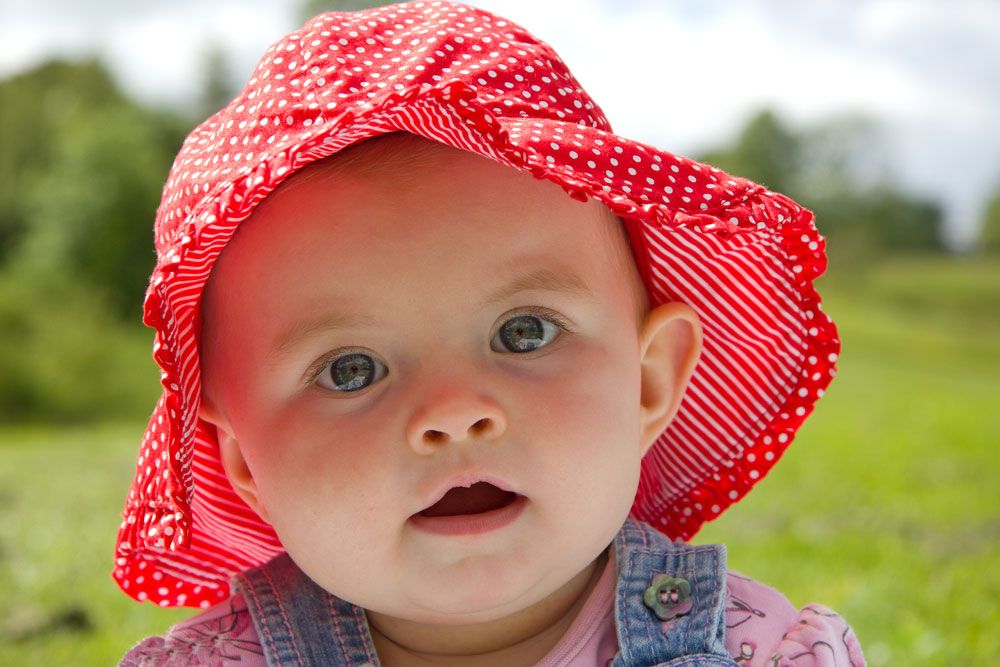How to Protect Babies from the Summer Sun

Sunscreen generally should not be used on infants before they are 6 months old, the Food and Drug Administration reminded parents today (June 25).
The best way to protect babies this young from the sun is keep them out of the sun altogether, the agency said in a statement.
Babies' skin is much thinner than the skin of adults, so it will absorb sunscreen chemicals more easily, said Dr. Cheryl Sachs, a pediatrician at the FDA. In addition, infants have more surface area relative to their body weight than adults do. Both factors increase the risk of an allergic reaction or inflammation, Sachs said.
Dr. Michele Green, a dermatologist at Lenox Hill Hospital in New York, adds that sunscreens are not tested on infants, so no one knows what side effects their chemicals might have on babies. Sunscreens labeled as "organic" or "all natural" are no safer to use on babies than regular sunscreens, Green said.
To protect babies from the sun, parents should keep them in the shade, or create shade with an umbrella or canopy, the FDA said.
The American Academy of Pediatrics recommends dressing infants in lightweight pants, long-sleeved shirts and brimmed hats that shade the neck.
If there's no way to shield a baby from the sun, the FDA recommends parents apply a small amount of sunscreen to limited areas of the body, such as the face and back of the hands.
Sign up for the Live Science daily newsletter now
Get the world’s most fascinating discoveries delivered straight to your inbox.
For all babies, parents should use products that contain physical sunscreens, such as zinc oxide and titanium dioxide, in order to avoid irritating babies' skin and eyes, according to the Mayo Clinic.
Sun protection in infants is important, Green said, because sunburns at a young age can be particularly dangerous, increase the risk of skin cancer.
"You have an infant with brand new skin," she said. "The last thing you would want to do is have that infant get burned."
Because infants would not be generating vitamin D from exposure to sunlight, and because breast milk is low in vitamin D, the American Academy of Pediatrics recommends giving vitamin D supplements to breast-fed babies beginning shortly after birth.
Pass it on: The best way to protect infants from the sun is to keep them out of it.
Follow Rachael Rettner on Twitter @RachaelRettner,or MyHealthNewsDaily @MyHealth_MHND. We're also on Facebook & Google+.

Rachael is a Live Science contributor, and was a former channel editor and senior writer for Live Science between 2010 and 2022. She has a master's degree in journalism from New York University's Science, Health and Environmental Reporting Program. She also holds a B.S. in molecular biology and an M.S. in biology from the University of California, San Diego. Her work has appeared in Scienceline, The Washington Post and Scientific American.

'Love hormone' oxytocin can pause pregnancy, animal study finds

'Mini placentas' in a dish reveal key gene for pregnancy









